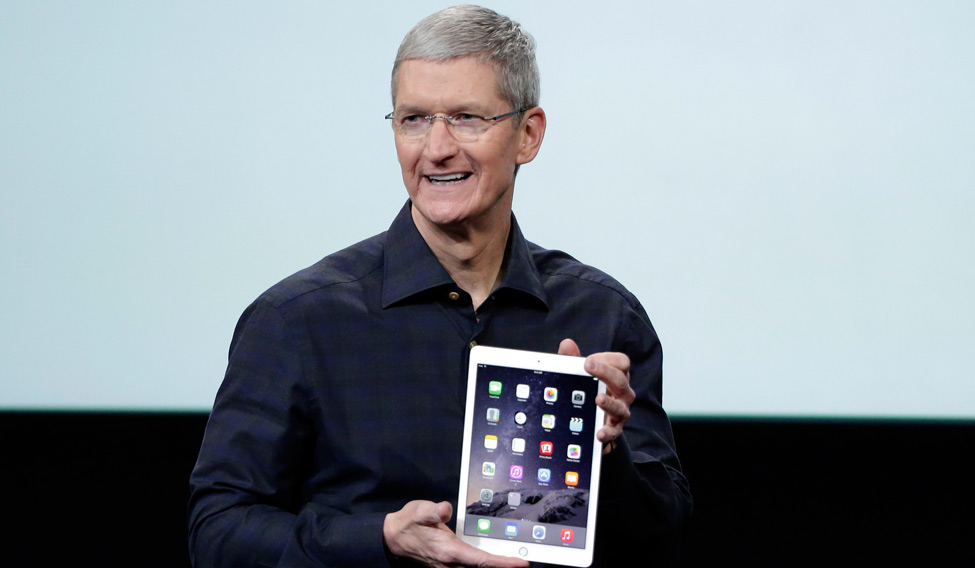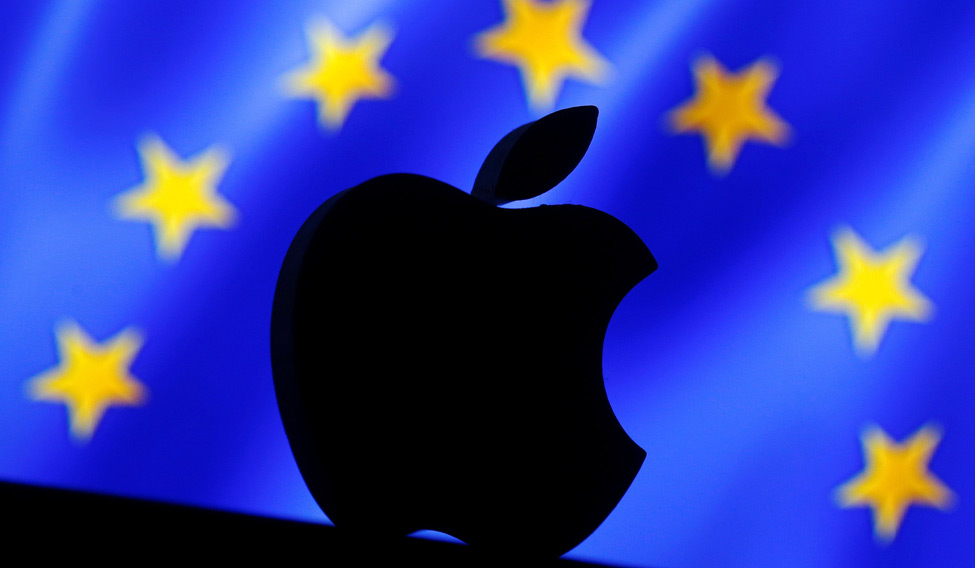After a three-year investigation, the European Union Commission (EUC) has ordered Ireland to collect €13 billion ($14.5 billion) in back tax plus interest from Apple. Defending the company’s tax practices, Apple CEO Timothy Cook denied any wrongdoing. Having been in a ‘sweetheart’ fiscal courtship with Apple for a quarter century, Ireland, too, does not want to take this money.
Both Ireland and Apple are appealing for a review by the EU Commission.
Unless the EUC reverses its order, it is going to be a battle royal, pitting the EU against Apple, Ireland, and the US.
Romancing multinationals
American multinationals have stashed huge profits offshore to evade high corporate tax—35 per cent tax on company profits—imposed by the US federal tax system.
Ireland has been offering tax holidays to attract investments from the USA, particularly Silicon Valley. In Europe, Ireland levies the lowest rate of 12.5 per cent on company profit. By drastically cutting on business tax, the Celtic tiger aggressively competes with advanced nations in enticing foreign investors. The rapid growth of Ireland from 1990 to 2000 was fuelled by foreign investments.
Here the Irish finance minister Michael Noonan sees a jealousy problem among the other 27 EU nations. He quipped, “There's envy across the EU about how we've established so many HQs in Dublin.”
Have the apple and eat it too
Apple Inc relocated its headquarters to Ireland after it was offered almost a tax haven, an accusal denied by both. Two Irish-registered companies—Apple Sales International and Apple Operations Europe—deal with brands and intellectual properties of Apple products, excluding regions of North and South America.
 Apple CEO Tim Cook introduces the new Apple iPad Air 2 during an event at Apple headquarters. File Photo: AP
Apple CEO Tim Cook introduces the new Apple iPad Air 2 during an event at Apple headquarters. File Photo: AP
Apple is sitting on an accrued profit of $181 billion, offshored elsewhere to keep it out of reach by the US taxman. The California-based Apple has been accused of paying tax nowhere. But Apple claims it has transparent tax policies and it complies with all the tax laws wherever it operates.
Calling the EU Commission’s decision “maddening” and “political”, Apple CEO Tim Cook sent an open letter to Apple customers, justifying Irish tax dealings.
Denying tax dodging charges in the USA, Cook said Apple would pay the taxes it owes to the US next year, when it repatriates a part of its fortune home.
The tax amount demanded by EUC comes to about 27 per cent of Apple’s 2015 profits. Detractors say that the multinational can easily pay off its dues out of the $53 billion in profit this fiscal year on its global sale of more than $233 billion.
Modus operandi: Sales from Europe are accounted at Apple Sales International based in Cork, Ireland. The profits are then shown as settled to head office that exists only in documents. A part of the profit is earmarked for funding R&D and is transferred to Apple Inc, USA.
Thus the multinational escapes paying negligible tax on its profits, alleges the EUC.
Ireland in a soup
On the tax row with the EUC, both Ireland and Apple are on the same page—Ireland 'disagrees profoundly' with the EUC. The Irish parties say that the EUC has overstepped its authority by dictating tax terms to a sovereign government. Dublin wants to retain its low corporate tax structure to attract investment and to create jobs.
Though €13 billion—equivalent to its healthcare budget—is a huge attraction for Irish politicians, Ireland does not want to alienate the big corporates that have set up their HQs in the country. Nor does it want the image as a tax haven that can anger Europeans.
America outraged
The USA assumes it has the first claim over the profits its multinationals generate anywhere in the world. It wants the offshore profits to be repatriated for taxation at home based on the principle that corporate profits must be taxed where it creates value. So, the US is angry with Brussels for ordering to collect tax from a US multinational. Washington has accused the EU of trying to snatch its tax revenue that Apple owes to the US government.
The US says that the EUC has no authority to dictate tax to a free nation. US Treasury poked at the EUC, calling it “supra-natural tax authority.” The US treasury said the EUC order was vitiating the business atmosphere in Europe and warned that it could keep foreign investors away.
In the event of a fight, the US government would support its multinational.
Europe unforgiving
The EUC says this is a case of corporate tax avoidance, established on the basis of evidence. It said it had no issue with the USA.
The EU maintains that a member country cannot offer itself as a tax haven for a corporate, and then let it take advantage of the world’s biggest single market. For the sake of investment or for creating a few jobs, the EU cannot allow an independent area where taxes are levied at a low rate—Apple employs 5,500 people in Ireland.
Ireland cannot have a tax regime that is not in line with the EU regulations. And all other EU nations are agreeing.
Tax trouble is looming
Governments are worried that companies move their corporate office around—at least on paper—to countries with low corporate tax structure. The issue of US multinationals parking money offshore has been a major concern for US Treasury and there are cries for changes in federal tax policy.
Multinationals accumulate wealth abroad and get away with tax cut after lobbying for repatriating it. Finally, it is cleared on ground of investments for job creation.
The final showdown
Who will win this tax tussle? Will Apple pay the dues to Ireland? Will Ireland change its tax laws agreeable to the EU? Will the EU relent? Will the US let go its corporate tax?
The world is watching the outcome at Brussels. It seems other nations, too, are joining the fray.




